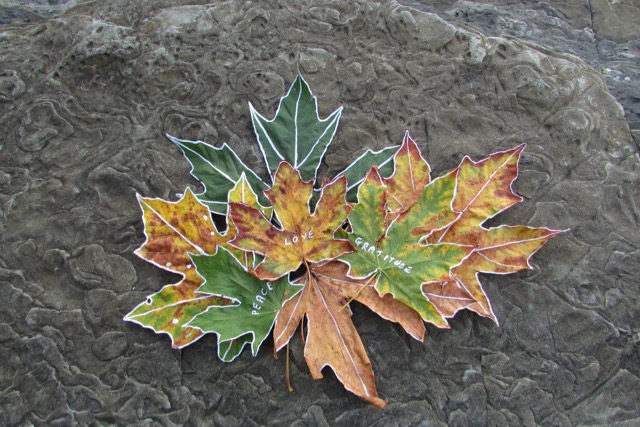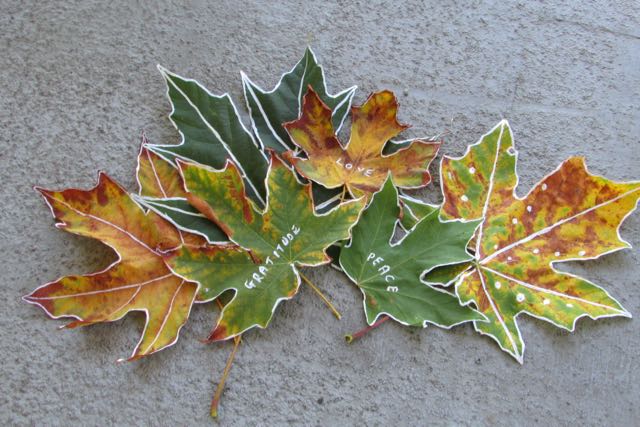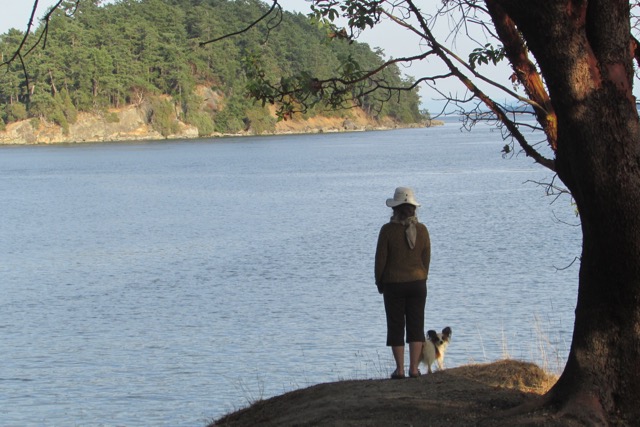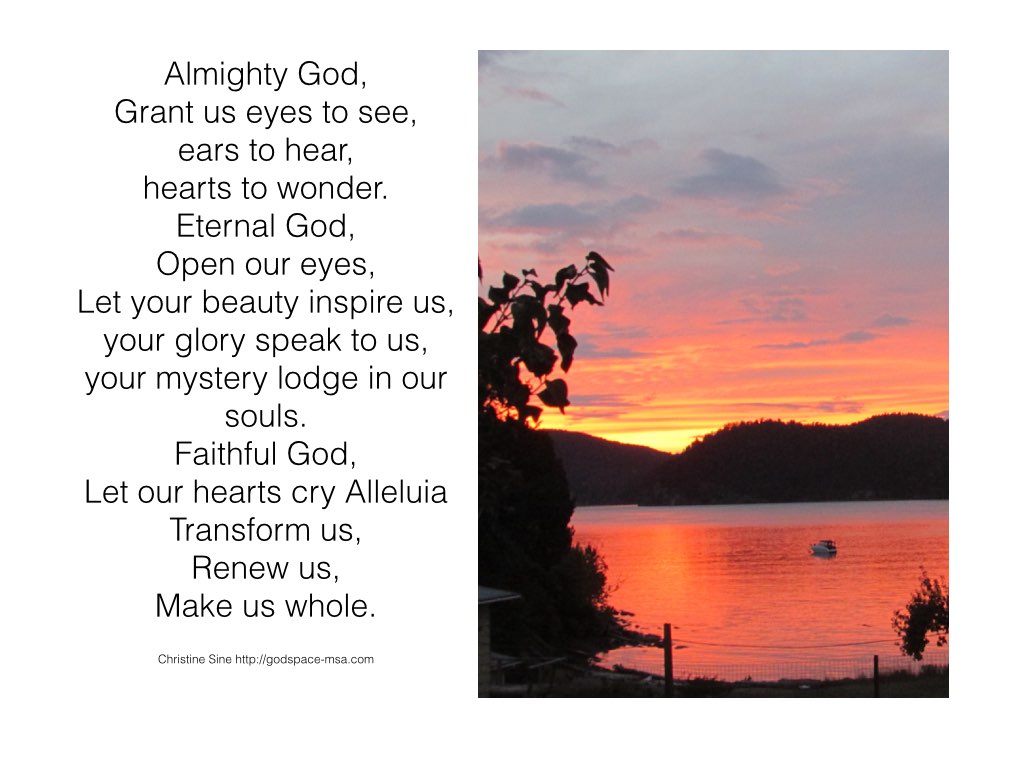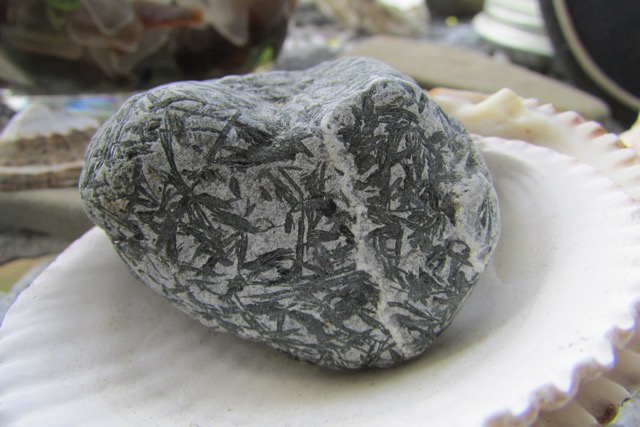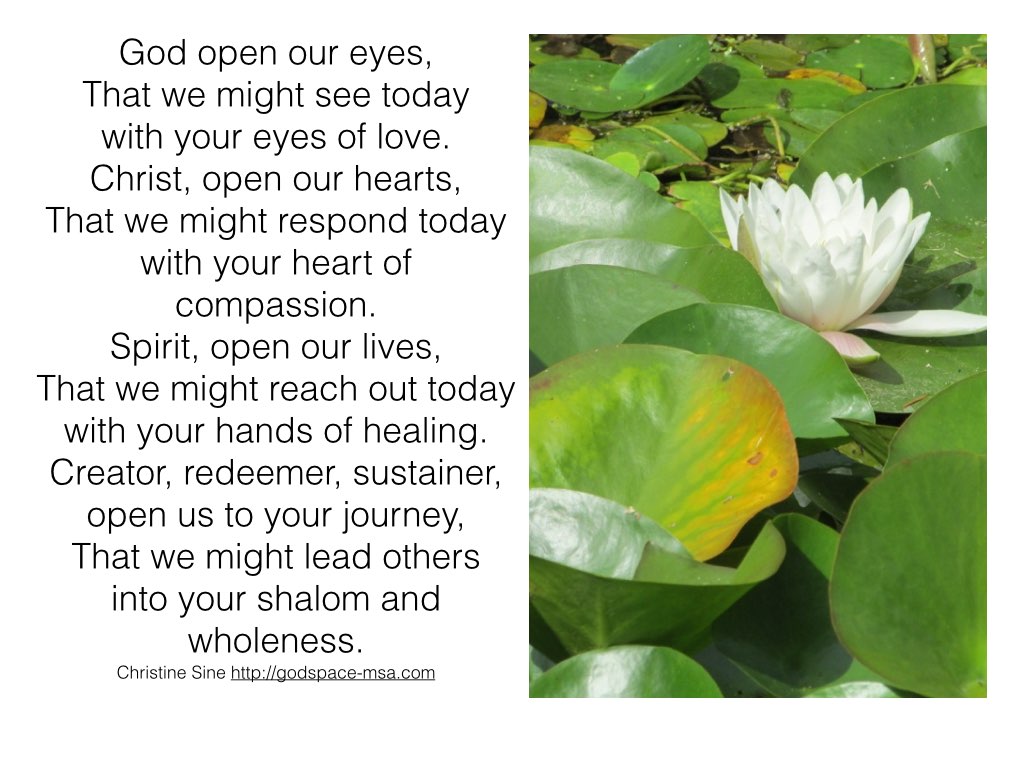Labour Day is celebrated on the the first Monday in September in the U.S.and Canada. This holiday is more than just the pseudo end to summer or the chance for another gala sale at the mall. Most Americans are off work on Monday, and that’s because more than 100 years ago, when labourers were forced to work 12-hour days, seven days a week, labour and trade union movements worked for better conditions for workers.
The intention of the holiday is to recognize the contributions that laborers make to the United States and Canada as a whole. Recognition of workers was inspired by the labor movement and Canada’s observation of labor festivals. The first U.S. federal observation of the holiday occurred in 1894 however, the first Labor Day observed in a state was in Oregon in 1887.
Parades and festivals are held on Labor Day to give people the opportunity to relax and enjoy the day before returning to work. In many towns and cities, fireworks signal the end of festivals that are held in honor of the holiday. More than 80 other countries celebrate International Workers’ Day on May 1 as their holiday dedicated to labour.
God Almighty, architect of our universe,
who continues to work moment by moment
to sustain your glorious creation,
and who invites us to be co-creators with you,
We give you thanks.
For the work you give each of us to do,
And the enrichment we find
through working for your purposes,
and not for our own selfish desires,
We give you thanks and praise.
Bless those unsung heroes
Whose unseen and unrewarded labor eases our lives.
Bless those who work for the sake of people they will never see,
May we always be mindful of their hard work and sacrifice,
And be grateful for their diligence.
For their faithful service we give you thanks.
For those whose labor is forced, without rest, or freedom or dignity;
And those who are prevented by their disabilities whether of body or mind,
or by their society because of colour or creed from finding meaningful work.
We ask your merciful blessing.
For those who risk life and suffer hardship,
Especially in pandemics, fire, flood and disaster,
To accomplish their work.
For those who seek labour and who find none.
We ask your protection.
For those whose work is demeaning,
whose conditions are poor,
whose pay is unfair,
and for all who are coerced, endangered, enslaved,
exploited or abused:
We pray for justice.
We give thanks for all who labour,
And find joy in their work,
and pray that all may know the blessing
of your Sabbath gift of rest.
Holy One, you who labor for our life,
bless our work, that it may serve you
and the mending of the world.
Amen.
This prayer is adapted from a prayer I found on the Christ Church Ontario site.
It has been an extremely stormy week here in Seattle and we have already had a little bit of snow in the mountains so it is not surprising that my thoughts are turning to the falling of the leaves and possibilities of what to do with them.
A couple of months ago I came across this beautiful photo of painted autumn leaves and I thought what a wonderful idea of how to use leaves both as a reflective exercise during this season and as autumn decorations. I have been experimenting ever since on how best to paint and use leaves in this way. This would be a fun autumn activity to do with kids too.
So here goes:
- Collect a variety of leaves of different colours and shapes. It is easiest to paint the leaves before they are completely dry so make sure that you collect ones that you think will be easy to work with.
- Press the leaves between sheets of paper under a pile of books to flatten them out before you paint them.
- Paint the leaves with paint pens, or other acrylic paints. I find the paint pens easier to work with than a paint brush but it is fun to experiment with different types of pens and paints. It is easiest to paint around the outline of the leaf and along the veins, but this is a wonderful opportunity to let your creative imagination loose.
- Decorate, have fun, get your kids involved or maybe even have a decorating party. Leaves like this are fun decorations for your dining room table, or mantle. If they are not too dry you can thread them onto a length of twine and hang them around the room. Or stick them on the windows or use them to make a wreath. You might like to try preserving them using this technique (I have not tried it so cannot tell you how effective it would be with painted leaves like this) or you could dry using glue as in this tutorial
Reflective Exercise.
You may like to do this as a reflective exercise or as a focus for a whole day of reflection. The exercise I describe below will take at least an hour to accomplish. Do it alone or invite a group of friends over and do it together.
Prepare
- Plan a trip to a place where you know there will be a good selection of trees with different shaped and sized leaves.
- Walk around the area you have chosen. Take some deep breaths in and out and savour the fragrance of the fresh air.
- Look around at the trees and their different leaves. What shapes and colours catch your attention?Take some time to examine the leaves.
- Pick your leaves either from the tree (being careful not to damage the tree itself) , or from the ground the ones that most appeal to you. Choose a variety of shapes, sizes, and colours. What is it about these leaves that you appreciate?
- Once you have a good collection of leaves take them home and press them between sheets of paper under a pile of books for at least an hour before undertaking the following exercise or prepare them as in the tutorial above.
Take time for reflection and prayer.
- Sit prayerfully in the presence of God and remind yourself of the beauty of the trees you have seen and the leaves you have collected.
- Arrange your leaves in front of you. Examine them, Trace their outline with your finger. Remind yourself of why you chose these particular leaves. How would you describe your leaves – strong, fragile, thin, unique? What thoughts come to mind as you examine them?
- Read through Ecclesiastes 8: 1-15. which begins For everything there is a season. As you contemplate the changing of the seasons that your leaf collection represents, what thoughts come to your mind? Perhaps you too are in a season of change. What is God saying to you at this season? Write down your thoughts.
- Are there key words you wrote down that could contribute to the design on your leaves? Are there emotions you would like to see expressed during this season, or ideas you would like to see fulfilled? Write these down and prayerfully consider how you could incorporate them into your leaf art.
- Decorate your leaves with different colours and designs.
- When you are finished pause again for reflection and prayer. Read through Ecclesiastes 8: 1-15. again. Reflect on your leaves and their design. What do they tell you about God? What have you learned about yourself as a created being and God’s beloved child in this exercise?
- Take some time to express your reflections and discoveries through a prayer to God. You might like to write this down in your journal or write a poem.
- Now go out and spread your art throughout the house as a reminder for this season of what God has been saying to you.
September 11th is approaching and our thoughts once more turn to the remembrance of this horrendous act, which was for many a very sad and gruesome awakening to the horrifying impact of terrorism. Tragically, since then violence and terrorism has escalated, the death toll continues to rise and the displacement of people grows.
Today there are 60 million refugees in our world, many of them fleeing from war, terrorism and violence as documented by this very sobering article in the New York Times. This is the highest number since World War II. And it seems to me that the animosity towards them is as great as it is towards those who perpetrated the violence from which they are fleeing.
Last year I compiled this resource list for 9/11 prayers, and have just updated it. In the post I wrote:
At a time like this it is important to turn to prayer – to pray for those who still grieve, for those who are still angry, for those who see this as a time to plan further acts of terrorism. Above all it is a time to pray for those whose lives are still vulnerable because of war and terrorism. It is a time to pray for peace, reconciliation and understanding across the seemingly impenetrable barriers that separate us.
My heart aches for those who have been impacted in any form of war or terrorist attacK. I have worked with refugees in both Asia and Africa. Their agony, vulnerability and horrendous plight tears at my heart strings and this growing crisis is what my mind tends to focus on at a time like this. My response has also been shaped this year by watching Russell Crowe’s movie The Water Diviner which shows more clearly and painfully than any other movie I have watched the horrors of war for people on both sides of a conflict.
Yes – lets remember the horrendous acts of 9/11 but lets remember too those for whom this type of terrorism seems to be an ongoing life filling reality today too.
God so much violence, so much pain, so much heartache.
May our remembrances of this day instill within us a horror of war,
And help us stand against the atrocities caused by terrorism and violence.
As we grieve with those who still mourn,
And share memories with those who cannot forget,
May we be stirred by your love and compassion for all,
especially for the vulnerable and displaced.
As we remember those who bravely responded,
And gave their lives to save others,
May we draw strength from their selfless sacrifice,
And be willing to go and do likewise for those still in harms way .
As we stand with strangers who became neighbours that day,
Sharing and caring with generosity and hospitality for people they did not know,
May we remind ourselves of the call to be good Samaritans,
And willingly reach out across race and culture to other victims of violence.
So many in our world have lost loved ones to terrorism and war,
So many have been displaced from homes and country,
May their plight fill us with compassion, a longing for peace,
And the desire to seek for understanding and reconciliation.
Let us not be overcome by our fears and anxieties,
Which sometimes prompt us to turn from your kingdom ways,
Let us remember God’s faithfulness when we were lost and alone.
And learn to trust in God’s unfailing love for all the peoples of the earth.
Amen
Don’t you love it when a friend gives you a book that is a delightfully rich discovery of humour, life and of course our shared love for dogs.
Such is Mary Oliver’s poetry book Dog Songs. I highly recommend it, not just to my dog loving friends but to anyone who appreciates Mary Oliver, poetry or humour.
What a delight to also find this youtube video of her reading one of the poems which speaks for itself.
This morning’s post is something of a confession.
As my blog and facebook prayers continue to grow in popularity I find myself constantly wanting to harness my thoughts, to remember my prayers and confine my imaginings so that I can share them with others. I love writing and I love sharing and I know that this is a ministry that God has called me to, so this is not a burden for me, but what I am realizing is that it can be a distraction. Sometimes God wants to speak to me alone. I was very aware of this over the last week as i spent time refreshing and renewing myself. There was much that happened that was for me alone.
Sometimes God wants to touch my heart in a special way but I want to grab hold of that thought and fling it to the winds – share it on my blog, make it into a facebook prayer, expose its energy and rip it from the private place of God’s intention.
So I am learning to sit in the presence of God’s sharing and cherish the words, savouring their flavour, listening for their intent. I am learning to pause and ask Who is this for, is it for me alone?
We live in a world where it is not uncommon for people to air their intimate lives on TV or the internet. We can easily lose the boundaries between private and public thoughts. We walk in the woods and beautiful poetry streams out of our mouths. We feel frustrated because we do not have a place to write the verses down and by the time we get home we have forgotten them. Yet the beauty of those words can revolve in our minds for days. It is lodged in our hearts in a way that it would not have been if we had written the poetry down. The words hover on the edge of our consciousness, touching an intimate place of closeness to God, a place that is more precious because it so intangible, so much beyond the written word.
So this morning I encourage you to take time to savour what God is saying to you alone. Be quick to listen but not to speak. Relax in the wonder of intimacy in that place in which you alone can encounter God.
God may I remember that sometimes you speak to me alone, thoughts not meant to be shared. May I relax in the wonder of intimacy with you, that special place that only I can enter. Amen
I have always loved to wander the beach admiring the sea creatures in the tidal pools and collecting interesting shells and rocks. Last week as Tom & I relaxed in our seaside cabin on Mayne Island British Columbia, was no exception. I quickly headed to the beach and soon had my head down focused on the amazing variety of rock colours, shapes, and sizes. Soon my pockets were bulging and I headed back to our cabin.
My friend Kim had also been out collecting, not rocks but sea glass, small pieces of weathered, frosted looking glass that have weathered over 30 years or more. Some pieces were as much as 100 years old. It was something totally new to me.
On my next trip to the beach I felt as though I had been given new eyes with which to see. Suddenly the rocks faded into the background and the sea glass danced before my eyes – white and brown and green and yellow fragments of it. As I turned for home I made my most unique discovery of all – a rock of fossilized evergreen needles – a new prize to add to my collection that I probably never have noticed that first day out.
As I reflected on my discovery that evening I was reminded of the blind man that Jesus heals in Mark 8:22-26
Jesus took the blind man by the hand and led him out of the village. Then, spitting on the man’s eyes, he laid his hands on him and asked, “Can you see anything now?” The man looked around. “Yes,” he said, “I see people, but I can’t see them very clearly. They look like trees walking around.” Then Jesus placed his hands on the man’s eyes again, and his eyes were opened. His sight was completely restored, and he could see everything clearly.
How often I wonder do we miss the best of what God has for us because we don’t see clearly? And how often I wonder do we fail to see clearly because our eyes are focussed on the wrong things? We like this blind man often need a fresh touch from Jesus or like me on the beach a fresh word from a friend, so we can see everything clearly in the way that God intends us to.
What is your response?
Sit quietly in the presence of God and think back over the last week. Are there situations that come to mind in which your vision was clouded or your judgement faulty because you were focussed on the wrong things. How did Jesus rub spit in your eyes as it were? What or who helped to clarify your vision? Is there something more that God is prompting you to do so that you can see more clearly?
An old story tells of a godly monk who was training young men to become priests. He asked the novitiates: What do you see when you look at the sun? They puzzled over his question for hours. When I look at the sun I see a golden orb one responded. The old monk shook his head. What I see depends on the time of day another said, and yet another, it depends on whether or not there are clouds in the sky.
To all their answers the monk shook his head. Finally he gave his own answer to the question: When I look at the sun I see the host of angels singing Alleluia glory to God, he said.
This old monk had learned to focus on a godly reality rather than an earthly one. The clarity of his vision, refreshed and renewed to see as jesus sees, not just what was visible but also what was invisible.
What is your response.
When we allow Jesus to fully open our eyes our vision of all things is transformed. Sit quietly in the presence of God and ponder the question: What would it take for me to see with Godly eyes? Allow God to speak to you. What response does God ask of you?
Watch the video below. Is there any further response God would ask of you?
Today’s prayer flows out of my reflections this week on walking with Jesus and my renewed sense of focus on God’s purposes for our lives. To draw close to God and neighbour we must open our eyes to the world around us and to the hoped for and much anticipated shalom and wholeness towards which God is guiding all of us.
As an Amazon Associate, I receive a small amount for purchases made through appropriate links.
Thank you for supporting Godspace in this way.
When referencing or quoting Godspace Light, please be sure to include the Author (Christine Sine unless otherwise noted), the Title of the article or resource, the Source link where appropriate, and ©Godspacelight.com. Thank you!


